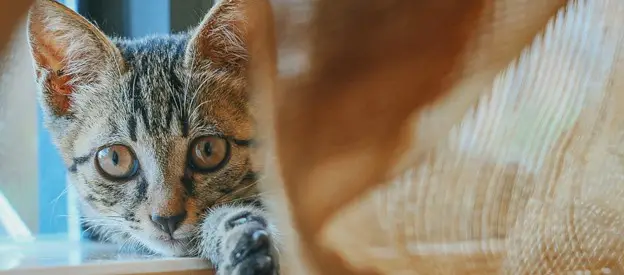Did you know that 61 percent of all Irish households own either a cat or a dog, and that 91 percent of them think of their cat or dog as a member of their own family?
But what might happen to those pets after you die – will they be provided for? While your animal might be beloved, you don’t know if your relatives and friends feel the same way. They might regard the inheritance of a cat, dog or a bigger animal as unwelcome and an expense. It’s wide to think about the future wellbeing of your pet and what will happen to that animal after you have gone.
As an example of why it’s wise to prepare, tortoises can live for up to 150 years. Dogs and cats can live up to the age of 20. In addition, pets often provide companionship for older people, but they can be put off getting a pet because they worry about what will happen to that animal once they have gone.
Strictly speaking, pets come under the cover of belongings so they are not really “part of the family” and legally, leaving a large sum of money to a pet doesn’t really stand up in court. In addition, it’s not always possible to leave a trust fund for the animal, and there is no legal obligation for a relative or friend to take over the care of a pet.
So what can you do? You can make a prior arrangement with some you trust to look after your pet, and in your will leave a legacy to that person with the specific request that it covers the costs of looking after your pet. These costs will include food, vet bills and more. It’s wise to err on the side of caution when it comes to working out how much that legacy might be.
What about a trust fund? You can ask the trustees of the fund to ensure the money is available to the person looking after your pet during your pet’s lifetime to keep up its care. This way, your trustees can control the funds and try to ensure (as far as possible) that the funds do benefit your pet. If there is money left in the fund after your pet dies, then you need to work out who gets that money – perhaps the person who looked after your animal, or an animal charity.
Another idea is an animal charity. Some charities offer a service you can sign up to, where in return for a payment they will re-home your animal in a loving home after you have gone. You should specify this in your will if you have signed up for such a service.
Leaving pets behind should not be a worry for people, but it is an issue that needs to be given some thought. Planning is the key, and if you plan to set up a trust or legacy for your pet ensure you take the appropriate legal advice.


